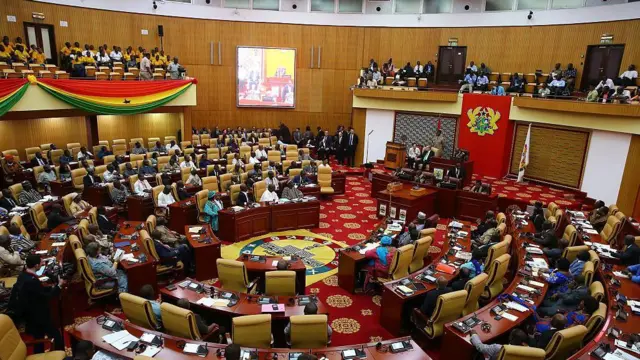Parliament has officially passed the Electronic Transfer Levy Repeal Bill 2025, abolishing the contentious E-Levy that taxed electronic financial transactions in Ghana.
Initially introduced in 2022 at 1.75% and later revised to 1%, the levy applied to mobile money payments, bank transfers, and inward remittances.
The E-Levy faced widespread criticism from the public and stakeholders, who argued it imposed undue financial burdens and discouraged digital transactions.
Deputy Finance Minister Thomas Nyarko Ampem, during parliamentary debates, emphasized the financial relief this repeal brings, stating it will return GH¢2 billion to Ghanaians, alleviating financial pressures and improving livelihoods.
The repeal aligns with the government’s push for financial inclusion and aims to encourage the use of digital payment platforms without additional costs. Business owners, mobile money agents, and financial analysts have welcomed the move, anticipating a boost in digital transactions and economic growth.
The bill will now be sent to President John Mahama for assention.
The repeal of the E-Levy aligns with the government’s efforts to promote financial inclusion and encourage the use of digital payment platforms without imposing additional costs on users.
Many business owners, mobile money agents, and financial analysts had previously criticized the levy, citing its impact on digital transactions and financial accessibility.
With the passage of the Electronic Transfer Levy (Repeal) Bill 2025, Ghana’s financial sector is expected to witness increased electronic transactions, boosting digital commerce and economic growth.

